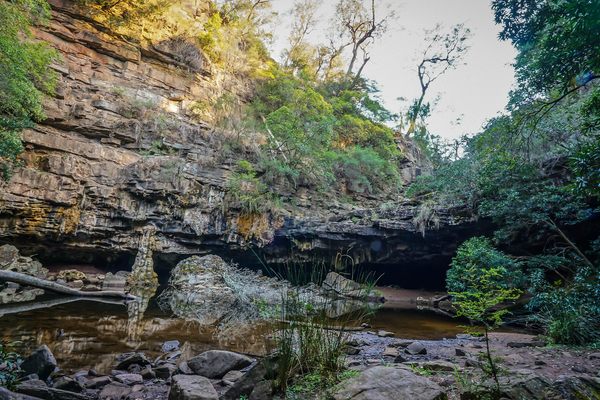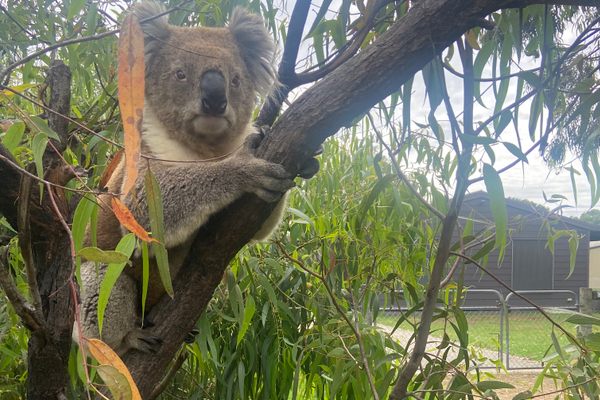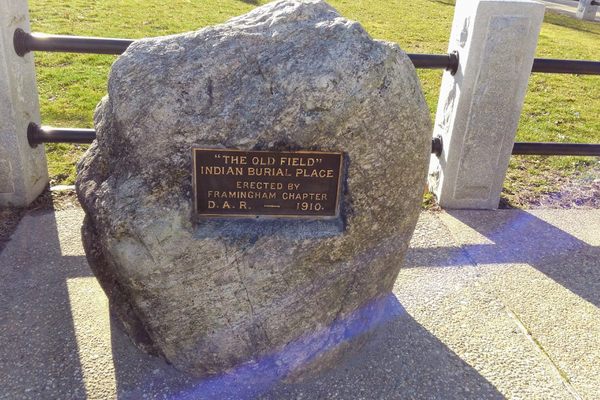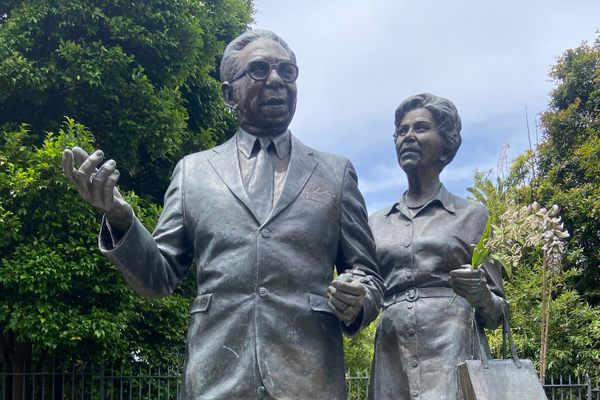Ramahyuck Cemetery
At Ramahyuck, the Gunaikurnai people were forced to trade their freedom and culture for protection. Today, a cemetery is all that remains of the site.
The Bataluk Cultural Trail, located in eastern Victoria, is designed to introduce visitors to the lives and culture of the Gunaikurnai people, the Indigenous people native to the region of Gippsland. One of its 12 sites is the Ramahyuck Aboriginal Mission Cemetery, the history of which speaks the impact of colonialism on the Gunaikurnai people’s past and present.
In 1863, the Ramahyuck Aboriginal Mission was established by the Presbyterian Mission Committee, on the banks of the Avon River, near Lake Wellington in Gippsland. The word Ramahyuck is composed of the Hebrew word Ramah meaning the “home of Samuel” and the Gunaikurnai word yuck meaning “mother” or “own.” Friedrich August Hagenauer, a Moravian missionary, oversaw the settlement, which accommodated people from the Gunaikurnai nation.
The mission was laid out in the form of a hollow square, with the houses of the Aboriginal people on the northern side and the official mission buildings on the other. This plan was also followed at other mission stations at Lake Tyers, Ebenezer and Lake Condah.
Ramahyuck was established to provide protection for the survivors of the Brayakooloong and Tatungooloong, two Gunaikurnai clans, but Hagenauer was intolerant of their culture and authoritarian. He forbade corroborees (festivals celebrating tribal victories), and would not tolerate any tribal habits or laws. His motive was to encourage “civilization” and therefore requested that all natives gather their spears, boomerangs, and other traditional implements in a pile to set alight and destroy them.
Between 1863 and 1900, around 29 buildings were constructed on the station. Australia’s 1886 Aborigines Protection Act forced those of mixed heritage off the missions and reserves, which resulted in a rapid decline in the population. From 1905 until 1908 when Ramahyuck was closed, aboriginal people from this mission were moved, some forcibly, to Lake Tyers Mission. Today only the cemetery remains at Ramahyuck.
Know Before You Go
Turn off the Bengworden Road onto Ramahyuck Road, then turn left into Ramahyuck Cemetery Road. The entrance to the cemetery is though a closed gate that is public access. Visitors are asked not walk on the graveyard, as they may be walking over many unmarked grave sites.




















Follow us on Twitter to get the latest on the world's hidden wonders.
Like us on Facebook to get the latest on the world's hidden wonders.
Follow us on Twitter Like us on Facebook